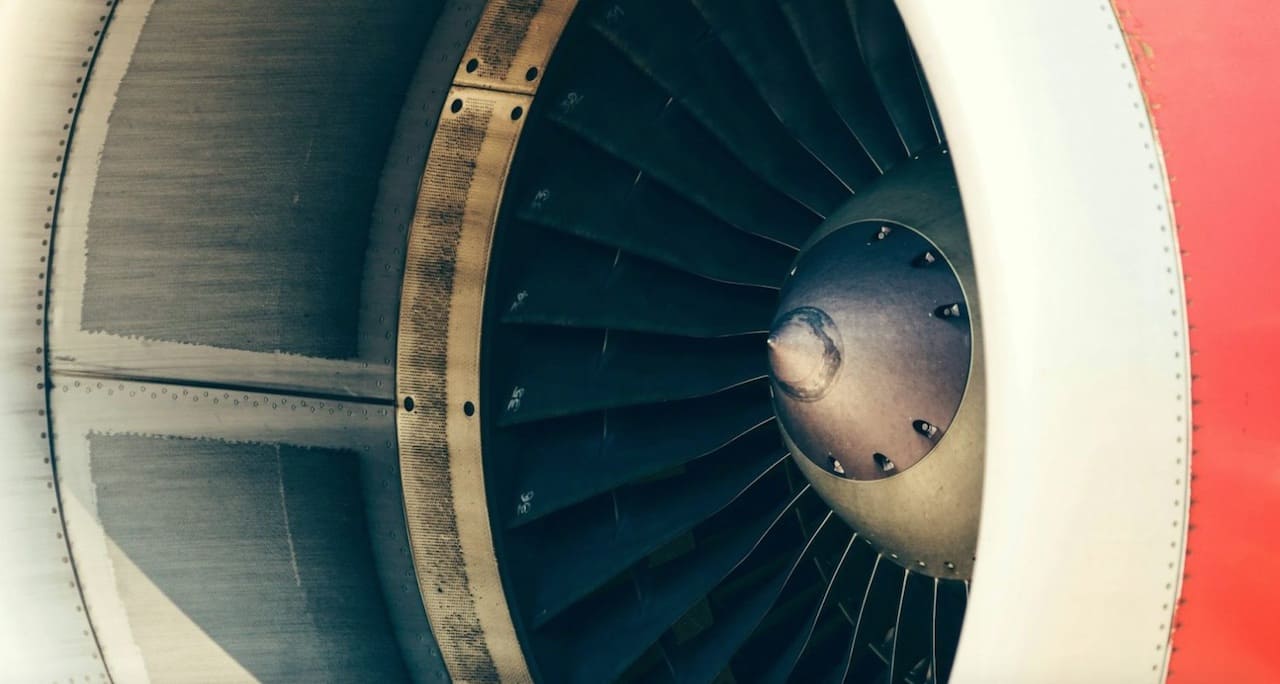
Most airlines are behind schedule in the transition to sustainable aviation fuels (SAFs). Even those moving faster to replace kerosene with SAFs often opt for fuels that are not as sustainable due to the environmental issues they cause.
This assessment comes from Transport & Environment (T&E), the pan-European NGO that monitors the transition in the mobility sector. T&E has updated its “SAF Observatory,” which tracks the progress of European airlines in decarbonizing and shifting to cleaner fuels.
Sustainable Aviation Fuels: Where Do We Stand on SAFs?
T&E’s analysis results in a ranking that awards points to airlines based on 13 parameters. These include SAF adoption goals, the types and volumes of fuels used, the emission reductions achieved, specific targets for synthetic kerosene usage, and the existence of off-take agreements for this fuel.
In total, T&E examined 77 airlines. Of these:
- 87% have inadequate plans to adopt sustainable aviation fuels.
- Around half of the airlines, including ITA, scored zero points in the ranking due to insufficient SAF usage.
- Only 10 of the 77 airlines analyzed are making tangible progress in phasing out fossil kerosene.
Unsustainable Alternatives
In many cases, the choice of alternative to fossil kerosene is a major factor. Not all sustainable aviation fuels (SAFs) are equally sustainable, as T&E points out. Synthetic kerosene (e-kerosene) is considered the most sustainable and scalable SAF, but it accounts for less than 10% of the airlines’ agreements. It totals 3.5 million tons, compared to 39.6 million tons of other SAFs.
On the other hand, over 30% of the SAFs currently used are unsustainable biofuels, derived from palm oil, soy, or corn. These biomass-derived fuels cause environmental problems, inefficient land use, competition with food production, and generate significant indirect emissions.
Off-Track on SAFs
In addition to quality issues, there’s the problem of slowness. The adoption of sustainable aviation fuels is proceeding too slowly to meet the 2030 targets. According to T&E’s report, the current use of SAFs covers less than 0.15% of global aviation fuel consumption.
By 2030, the NGO predicts that SAF adoption will reduce aviation sector emissions by only 0.9%—an entirely insufficient share to offset the growth in emissions from the sector. This is one of the few sectors that still has a sharply rising trajectory, and in some regions, it has already surpassed its historic peak from 2019.
Why the Delay?
One of the reasons for this delay is the obstructionism of fossil fuel companies. Oil and gas producers account for less than 3% of the current annual SAF demand. They are not investing enough in e-kerosene.
The report suggests that airlines could circumvent this problem by entering into agreements with producers and investing directly in e-kerosene production. Governments, in turn, should incentivize e-kerosene and set specific sub-targets for synthetic kerosene, alongside broader SAF targets.